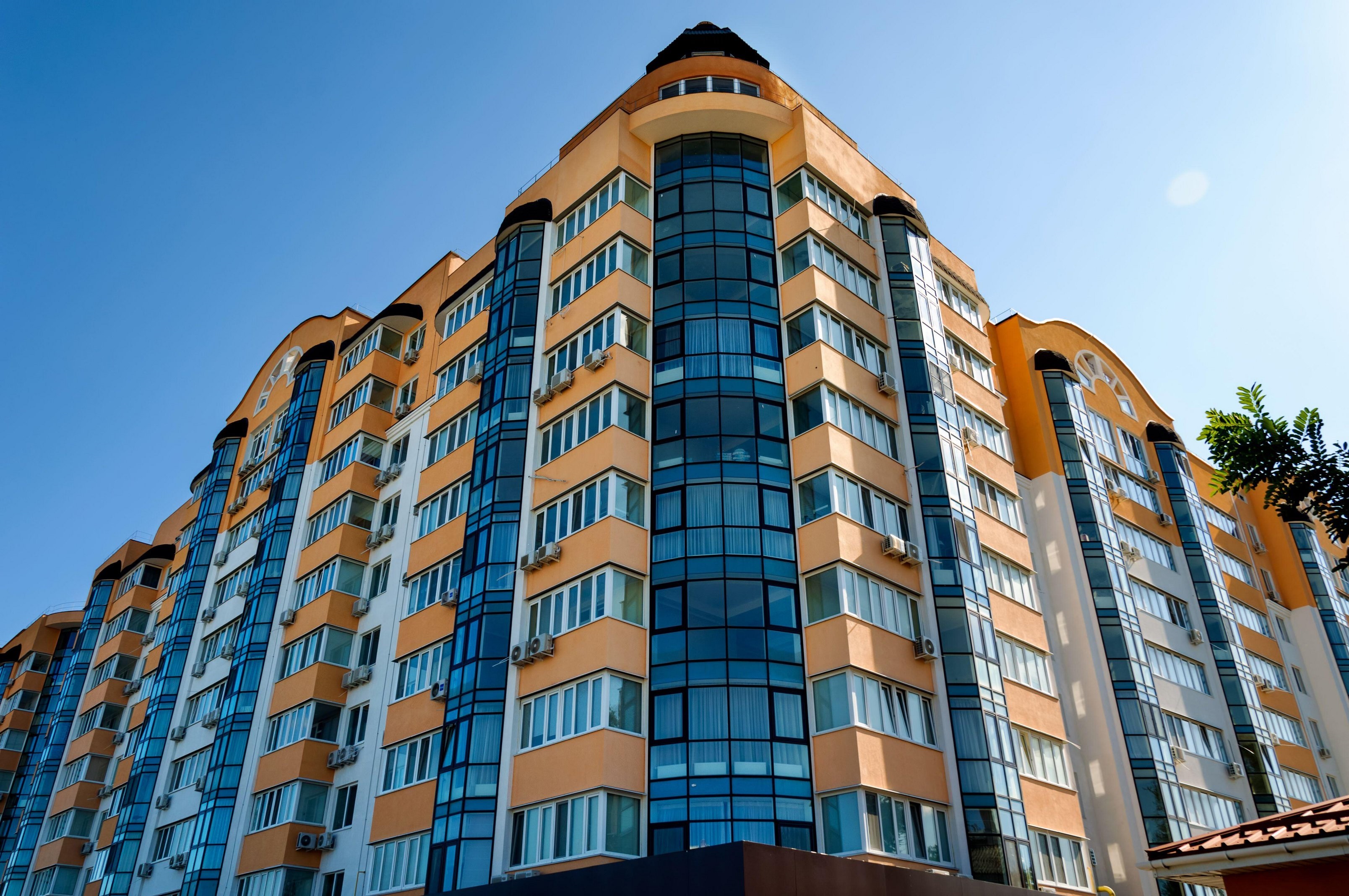Improving Multi-Dwelling Unit Online Protection Through the Tactical Implementation of Virtual Private Networks
Improving Multi-Dwelling Unit Online Protection Through the Tactical Implementation of Virtual Private Networks
Blog Article

In today’s online world, ensuring the safety of online connections is crucial, particularly in Multi-Unit Units (MDUs) such as apartment complexes and condominiums . Residents in these shared spaces often link to the identical connection, which can make them vulnerable to online dangers. One efficient way to enhance internet security in MDUs is through the tactical deployment of Virtualized Secure Networks (VPNs). VPNs create a secure link over the web, enabling users to safeguard their personal information and preserve confidentiality while browsing.
A VPN works by encrypting the information that transmits between a user’s gadget and the web. This implies that even if someone tries to intercept the information, they will not be able to read it. For residents in MDUs, using a VPN can considerably diminish the threat of information leaks and unauthorized access to personal information. By coding their internet traffic, individuals can navigate the internet, watch content, and interact online without worrying about cybercriminals or other malicious actors. This added layer of security is especially crucial in environments where many people share the same internet connection.
Alongside protecting private information, VPNs can also assist tenants reach material that may be restricted in their region. Many streaming services and websites restrict entry based on location-based area. By employing a VPN, individuals can link to servers in different countries, allowing them to bypass these barriers and enjoy a wider range of online material. This aspect can be especially appealing to residents who wish to obtain global information, media, or learning materials that may not be accessible in their region.
Adopting VPNs in MDUs can also cultivate from this source a feeling of togetherness and confidence among tenants. When everyone in a building employs a VPN, it establishes a more protected setting for exchanging information and resources. Inhabitants can feel more at ease utilizing communal connections for tasks like online finance or purchasing, knowing that their data is protected. Additionally, property managers can encourage the adoption of VPNs as part of their overall security strategy, helping to create a safer living environment for everyone.
To conclude, the strategic deployment of VPNs in Multi-Dwelling Units is an efficient way to enhance internet safety for residents. By encrypting data, providing access to limited material, and fostering a feeling of togetherness, VPNs offer multiple advantages that can enhance the digital experience for all. As cyber threats continue to evolve, it is essential for inhabitants and property managers to emphasize internet security and consider the benefits that VPNs can provide. Embracing this solution can lead to a more secure, more connected residential space for all.